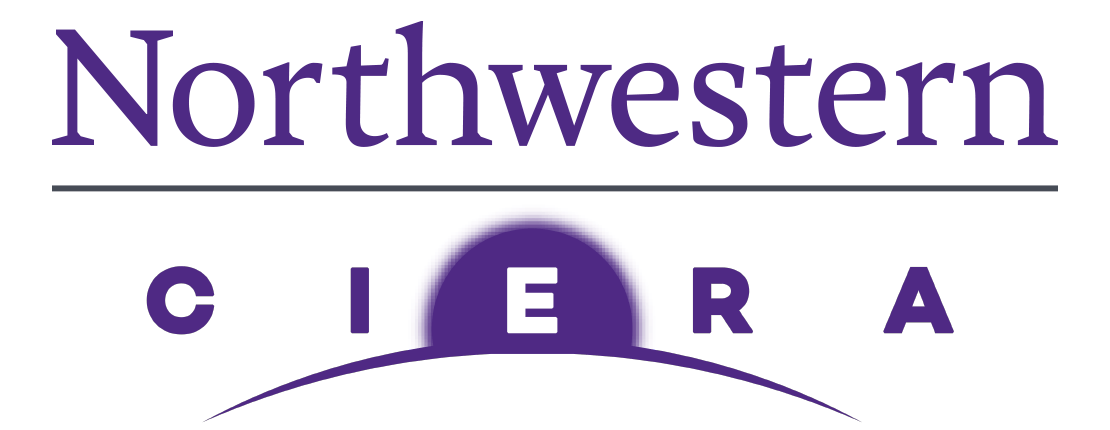In high school, CIERA physics and astronomy graduate student Zachary Hafen didn’t necessarily find science interesting. Intrigued by its open-ended nature, he planned to study philosophy as an undergraduate.
“I always veered away from science in high school. I didn’t think it was interesting based on what was taught in class. When I had the opportunity to do real science, I loved it. It’s so different from the standard material found in classrooms.”
As a Reach for the Stars fellow at CIERA, Hafen developed “vault”, a program where he supports student-led data expeditions in collaboration with Chicago Public Schools to bring research experiences to high school students.
With only 10,000 labs in high schools across the U.S. to provide for more than 30 million high school students, the chance of having the tools to discover something unique in high school is low.
“But just look at available data. The U.S. government alone, on their single online data website, has 300,000 data sets,” said Hafen. “The number of data scientists in the world, at max, is 100,000. There is this huge well of untapped data out there that people could get involved with if they had the opportunity.”
Vault is an opportunity for students to dive deeply into a subject that they care about with the support of Hafen as a mentor, guiding them through the research process and helping them answer questions in the same way researchers would.
Hafen has been preparing the project for three years, and began implementing it last fall. Currently, he meets weekly with more than 15 high school students at the Northwestern Academy for Chicago Public Schools to discuss groups’ progress and advise students as challenges arise.
“Students are very used to ‘you do this;’ it’s an x, y and z process. Many of them aren’t used to critical thinking. [In vault], they have to think for themselves. There’s a lot more unfocused exploration.”
From investigating how socioeconomic and cultural factors relate to healthcare access across Chicago to working out all the details on how humans can survive on Mars, students are working with each other to utilize available data exploring topics they’re interested in and producing real, concise answers.
“The idea was always to have students explore what they can do in science earlier; it’s been an opportunity to put that ideal into action. It’s really directly bringing the science we do at Northwestern to them in the most real way possible.”
Some of the students have gone on to attend Northwestern University or continue their research career with professors at Northwestern. Hafen said that the thought that one day there can be students enjoying science in the same way that he does is greatly fulfilling.
“I want the students to succeed. It’s not like I necessarily get a sense of pride or accomplishment, because the students had the ability all along; they just needed the proper time and situation.”
Learn more:
Zachary Hafen’s Website
Vault Program Website
Reach for the Stars
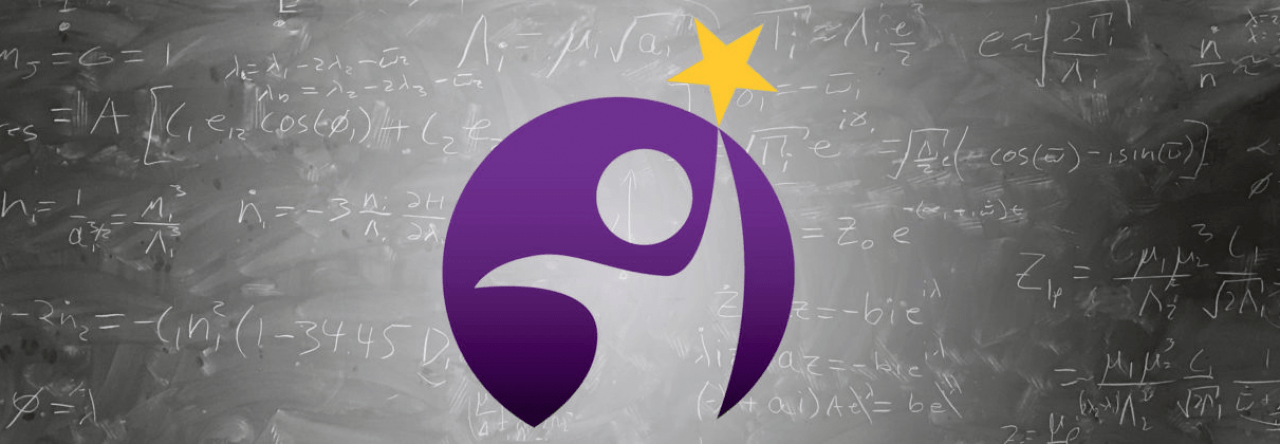

 Stephanie Sunata, a Medill Journalism student visited the
Stephanie Sunata, a Medill Journalism student visited the 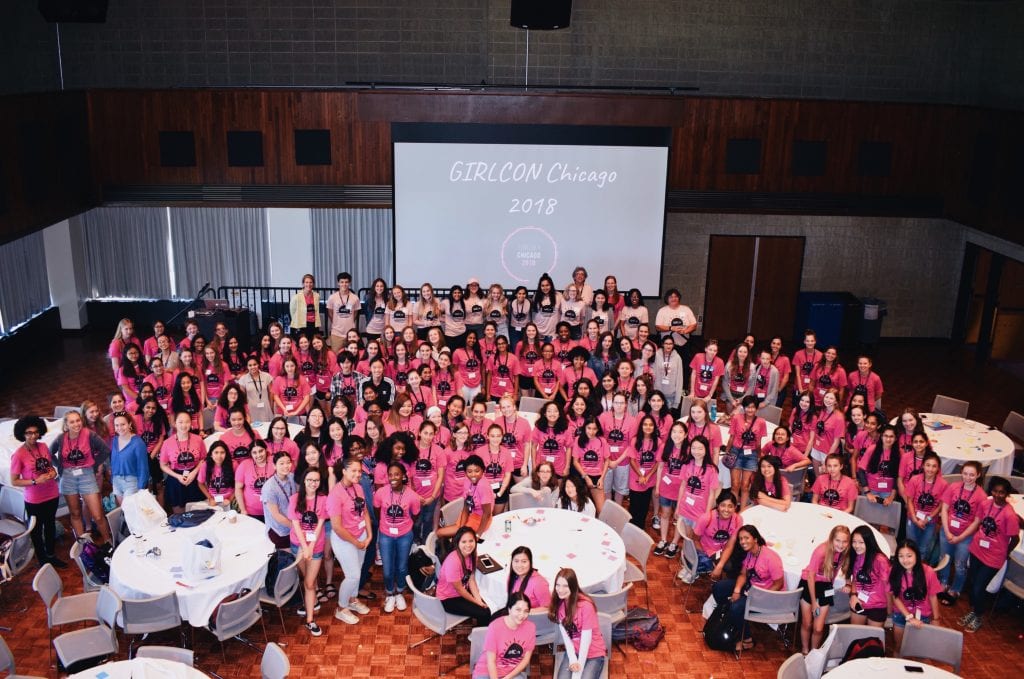

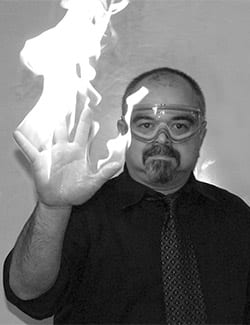
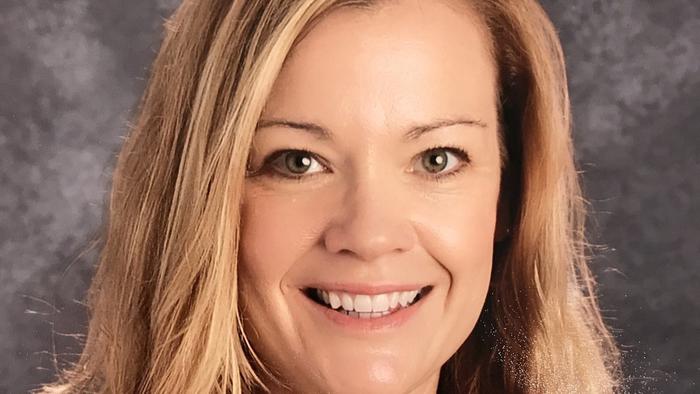 When Prospect High School science teacher
When Prospect High School science teacher 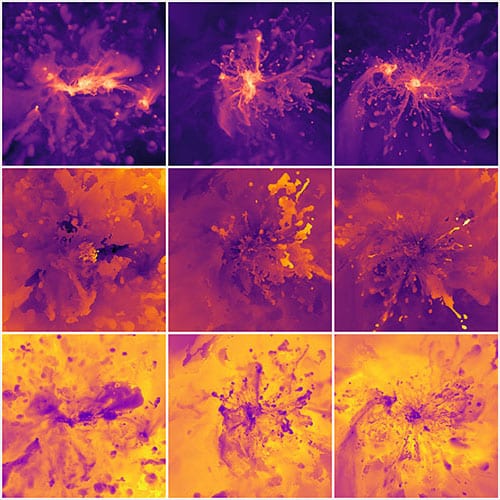
 The
The 
